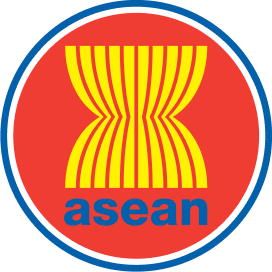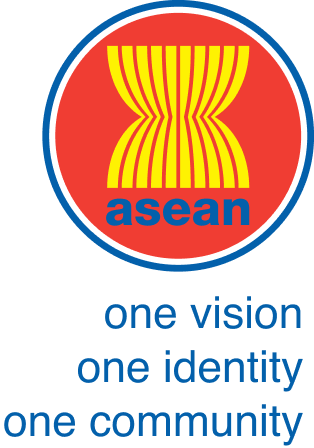The availability of equitable and secure employment is intrinsically interlinked with well-being, identity and social cohesion. The ASCC Blueprint’s (2016) recognition of the importance of the quality of jobs dovetails with a global agenda most evident in the formulation of Sustainable Development Goal 8 – Decent Work for all – including employment creation, rights at work, social protection and social dialogue.
Here the focus is on the facilitation of job creation through Technical and Vocational Education and Training (TVET) for employment and self-employment and on the provision of improved livelihood risk management through Social Protection.
TVET is seen as the foundation for improved entrepreneurial profitability, labour force productivity, and the reduction of skills bottlenecks accelerated by Climate Change and the Fourth Industrial Revolution (4IR). This perspective has encouraged a range of reforms in an effort to replicate global best practice. Germany makes claims that its economic success arises from its VET programmes; but this simplifies a complex picture in which outcomes depend upon the successful integration of education and training, and are embedded in a locally specific social contract (Ansu & Tan, 2012). Medium, Small and Micro-enterprise (MSME) policy relies on a ‘conducive business environment’ and entrepreneurial capacity building through training and financial inclusion. These presume a ‘level playing field’ for trainees, and pay little attention to implicit and explicit social constraints upon human livelihoods.

ASEAN’s current demographic profile offers an opportunity to extend its economic success, but at the same time it presents many future employment policy challenges. It is not clear, for example, that the current economic model can deliver benefits shared equitably across all social cohorts. Whether integrated into global value chains or not, ASEAN workers face a ‘decent work deficit’ – especially those working with limited skills in the ‘informal’ economy.










